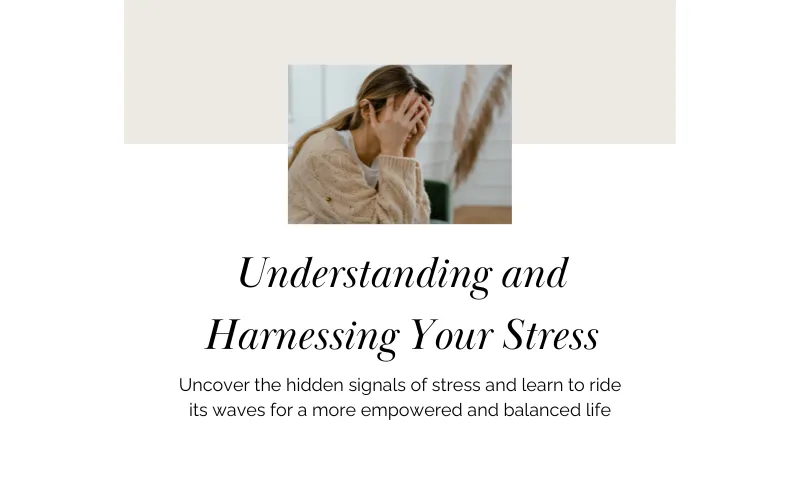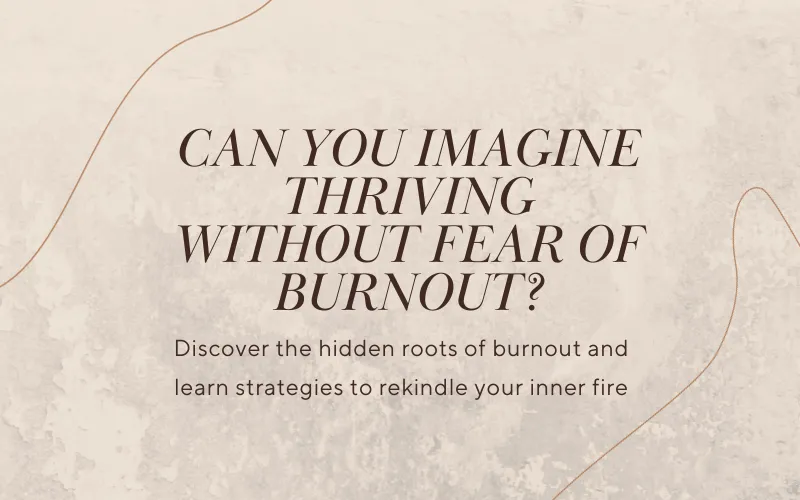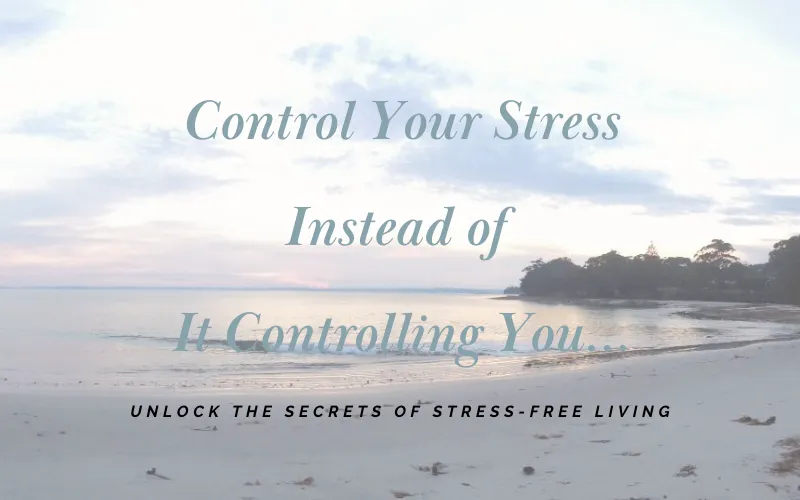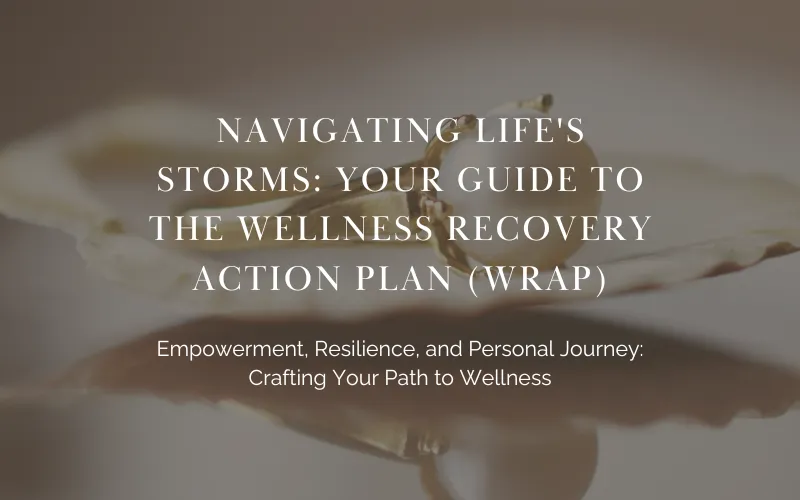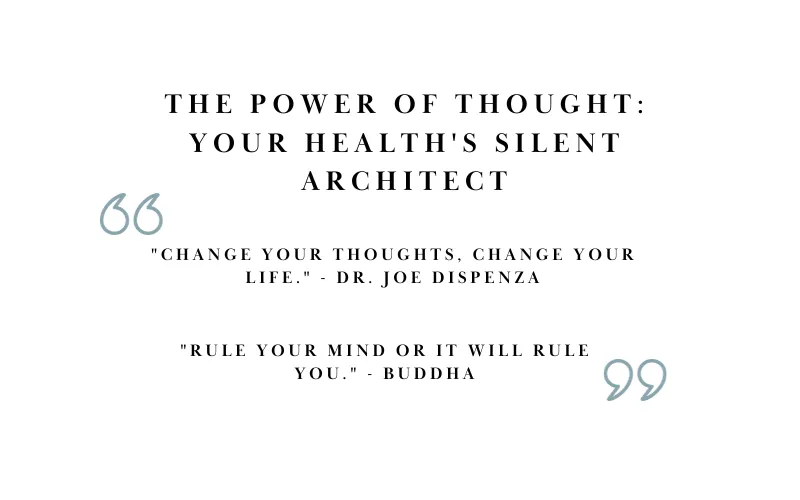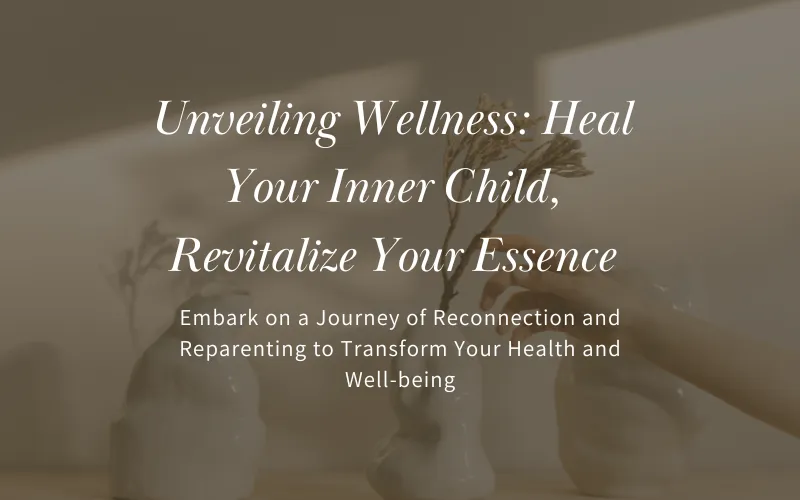Mastering the Mind: How Your Thoughts Shape Your Health and Well-Being

The Connection Between Our Thoughts, The Inner Critic, and Physical Health is Profound
Our thoughts have a profound impact on our physical well-being. It's not just about positive thinking; it's about understanding the intricate link between our thoughts and our overall health. Research has shown that negative thoughts and emotions can weaken the immune system, making us more susceptible to illness and disease. On the other hand, positive thoughts and a healthy mindset can improve immune function and promote better overall health.
But what role does the inner critic play in all of this? The inner critic is that voice in our head that constantly judges and criticizes us. It can shape our thoughts and beliefs about ourselves, which in turn affects our physical health. Negative self-talk from the inner critic can lead to increased stress levels, anxiety, and even depression – all of which have a direct impact on our well-being.
By understanding this connection between our thoughts, the inner critic, and physical health, we can begin to take steps towards mastering our mind for improved overall well-being. Let's explore further how our thoughts influence specific aspects of our physical health and how we can harness the power of positive thinking to combat chronic illness.
The Impact of Thoughts on Physical Health
Our thoughts have a significant impact on our physical health. Negative thoughts and chronic stress can weaken the immune system, making us more susceptible to illnesses and infections. When we constantly dwell on negative thoughts or experience prolonged stress, our body releases stress hormones like cortisol, which can suppress immune function. This weakened immune system leaves us vulnerable to various diseases.
Furthermore, chronic stress can also lead to gut issues and digestive problems. The gut has its own nervous system known as the enteric nervous system, often referred to as the "second brain." It is highly interconnected with the brain and influenced by our thoughts and emotions. Stress can disrupt the balance of bacteria in the gut, leading to inflammation, irritable bowel syndrome (IBS), and other gastrointestinal disorders.
On the other hand, positive thoughts and a healthy mindset have been shown to improve immune function and promote better gut health. Studies have found that individuals who practice positive thinking techniques such as gratitude, optimism, and mindfulness have stronger immune responses and lower levels of inflammation. Cultivating a positive mindset can also reduce stress levels, which in turn benefits both our immune system and gut health.
By recognizing the impact of our thoughts on physical health, we can begin to take proactive steps towards improving our overall well-being. Let's delve deeper into how the inner critic influences our thoughts and subsequently affects our health.
The Role of the Inner Critic in Shaping Thoughts and Health
Our inner critic is that nagging voice in our head that constantly criticizes and judges us. It's the voice that tells us we're not good enough, smart enough, or worthy enough. This inner critic plays a significant role in shaping our thoughts and subsequently affecting our mental and physical health.
Negative self-talk from the inner critic can have detrimental effects on both our mental well-being and physical health. When we constantly berate ourselves with negative thoughts, it can lead to increased stress levels, anxiety, and even depression. These negative emotions can manifest physically as headaches, muscle tension, and fatigue.
Recognizing and challenging the inner critic is crucial for improving our overall well-being. By becoming aware of the negative self-talk patterns, we can start to question their validity. Are these thoughts based on facts or just irrational beliefs? Challenging these negative thoughts with evidence-based reasoning can help break free from their grip.
Practicing self-compassion is another powerful tool for combating the influence of the inner critic. Instead of beating ourselves up over perceived flaws or mistakes, we can learn to treat ourselves with kindness and understanding. Self-compassion involves acknowledging our imperfections while embracing a sense of self-worth and acceptance.
By understanding the role of our inner critic in shaping our thoughts and health, we can begin to take steps towards cultivating a healthier mindset. Let's explore how our thoughts are linked to chronic pain and illness next.
The Link Between Thoughts and Chronic Pain and Illness
Chronic pain can be a complex condition that is influenced by various factors, including our thoughts and emotions. Negative thoughts can amplify chronic pain and make it more difficult to manage. When we constantly focus on the pain and catastrophize about its impact on our lives, it can intensify the perception of pain and create a vicious cycle.
However, there is hope in managing chronic pain through the power of our thoughts. Mindfulness and positive thinking techniques have been shown to reduce pain perception and improve overall well-being. By practicing mindfulness, we learn to observe our thoughts without judgment, allowing us to create distance from the negative thought patterns associated with pain. This shift in perspective can help alleviate suffering and enhance our ability to cope with chronic pain.
Positive thinking also plays a crucial role in managing chronic pain. By cultivating positive thoughts and beliefs about our body's ability to heal, we can tap into the mind-body connection for healing. Research has shown that individuals who maintain a positive outlook experience less pain intensity and better functional outcomes.
Addressing underlying emotional issues is another important aspect of managing chronic pain. Emotional stressors such as anxiety, depression, or unresolved trauma can contribute to the persistence of physical symptoms. By seeking therapy or counseling to address these emotional issues, we can improve both our mental well-being and physical health.
Understanding the link between our thoughts, emotions, and chronic pain empowers us to take an active role in managing our health. Now let's explore how mastering our mind can lead to improved overall well-being.
Mastering Your Mind for Improved Well-being
Taking control of our thoughts is a powerful step towards better physical health and overall well-being. By challenging negative thoughts and cultivating positive ones, we can create a more supportive inner dialogue that promotes self-compassion and resilience. This shift in mindset can have a profound impact on our mental and physical health.
Practices like mindfulness and self-compassion can help us master our minds for better health outcomes. Mindfulness allows us to be present in the moment, letting go of worries about the past or future. It helps us observe our thoughts without judgment, reducing stress and promoting relaxation. Self-compassion involves treating ourselves with kindness, understanding, and acceptance, fostering a sense of well-being.
By mastering our minds through these practices and techniques, we can improve our overall well-being, combat chronic illness, and enhance our quality of life. Remember, your thoughts have the power to shape your health – so choose them wisely!
Take Control of Your Thoughts
The impact of our daily thoughts on our mental and emotional well-being is profound and multifaceted. Research indicates that the average person has about 6,000 thoughts per day, with a significant portion being repetitive or negative, leading to patterns of worry, stress, and anxiety that can profoundly affect our overall health. It's time to take control and make a change for the better.
Ready to Transform Your Life? Join Our Waitlist!
If you're ready to take the next step in mastering your thoughts and improving your physical health, we're here to support you. Join our waitlist to gain exclusive access to invaluable resources, guidance, and support systems designed to help you on your journey toward improved mental and physical well-being. Don't wait any longer; your path to a healthier, more fulfilling life starts now.
Join the Waitlist and Start Your Journey to Well-being
References:
- Amen Clinics, "A Year of Daily Mental Health Tips," published on December 28, 2022. Link
- Psychology Today, "How to Recognize Negative Thought Cycles and Stop Obsessing," published on December 23, 2022. Link
- Psychology Today, "7 Reasons Why Some Days Just Feel So Much Worse Than Others," published on August 18, 2022. Link
- Medium, "thinking too many thoughts," published on June 12, 2022. Link
- Dr. Caroline Leaf, "This One Common Thing Could Be Damaging Your Brain," published on April 17, 2022. Link
- Waking Up LLC, "Working With Thoughts & Emotions," published on January 1, 2023. Link
- PESI, "Everyday Mindfulness," published on January 1, 2023. Link
- YouTube, "The Daily Gratitude (and Happiness) Habit," published on November 28, 2022. Link


